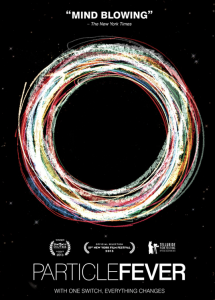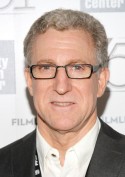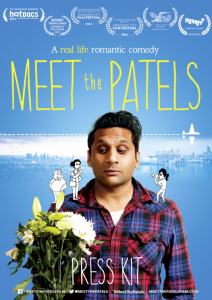Leyre Alegre-Figuero, Lecturer in Spanish Language and Culture
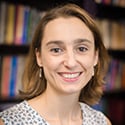
Leyre holds a Master’s degree in Teaching Spanish as a Foreign Language from the Universidad Central de Barcelona. She has worked as a translator in French, English, Catalan and Russian as well as Spanish.
Carlos Amador, Assistant Professor of Spanish Language and Culture
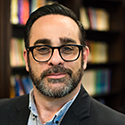
Carlos earned his PhD in Comparative Literature from the University of Texas. His research focuses on Latin American literature, cultural theory and criticism.
Sara Amani, Lecturer in English as Second Language
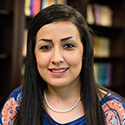
Sara earned her PhD from the University of Auckland, New Zealand. Her research focuses on Metacognitive Strategy Instruction in Second Language Pedagogy.
Maria Bergstrom, Instructor of American Literature, Undergraduate Adviser
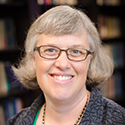
Maria earned her PhD in American Literature from the University of Michigan.
Andrew Fiss, Assistant Professor of Technical and Professional Communication

Andrew earned his PhD in the History and Philosophy of Science from Indiana University. His research focuses on the history of Mathematics Education in nineteenth-century America.
Laura Kasson Fiss, Instructor of English
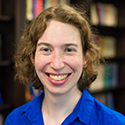
Laura earned her PhD in English Literature from Indiana University, where she wrote her dissertation on the topic of Victorian humor.
Anne Stander, Instructor of English as Second Language

Ann holds a Master’s degree in English with a specialization in ESL from Purdue University. She has experience teaching in the United Arab Emirates and in Moldova, as well as in the US.
Dana Van Kooy, Assistant Professor of British Literature
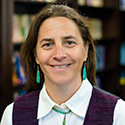
Dana earned her PhD from the University of Colorado. Her research focuses on British and Global Romanticism. She has also published on Black Atlantic, Trans-Atlantic and Circum-Atlantic Studies.
Marcelino Viera-Ramos, Assistant Professor of Spanish Language and Culture
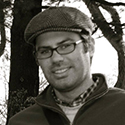
Marcelino earned his PhD from the University of Michigan. He specializes in 19th and 20th Century Latin American Literature and Culture.
Audrey Viguier, Lecturer in French Language and Culture

Audrey earned her PhD in French Literature from the University of Florida. Her research focuses on radical writings of the French revolution.
